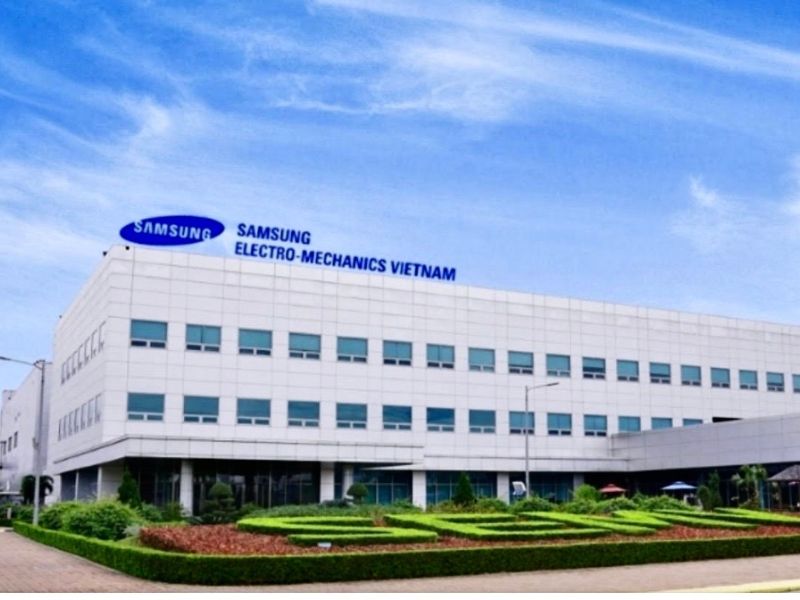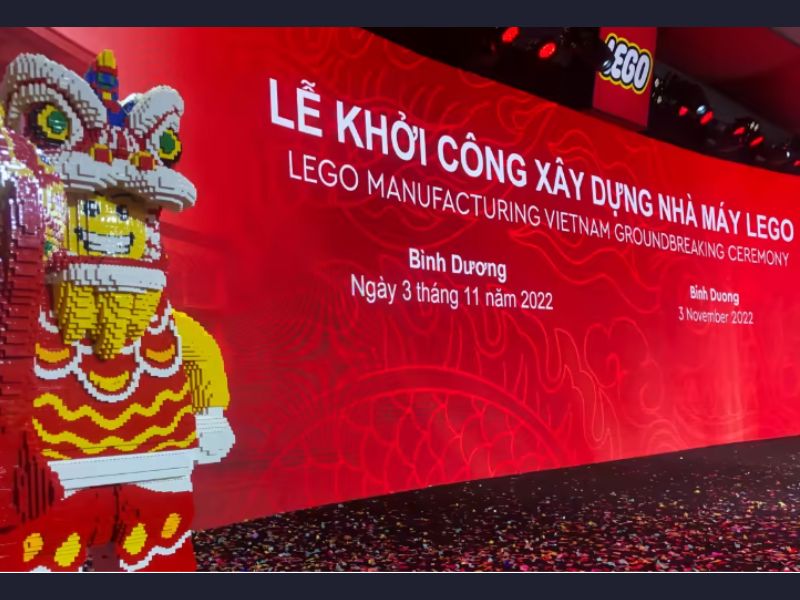In recent years, global political and economic instability, declining global trade and investment, pandemics, natural disasters, and climate change have significantly impacted Vietnam across all economic sectors, especially those with foreign direct investment (FDI). This article of OTIS LAWYERS outlines the current state of FDI attraction in Vietnam, the trend towards green FDI, and proposes solutions to enhance FDI efficiency and move towards green FDI in the future.
Introduction
Since Vietnam’s economic reforms in 1986, economic cooperation, including investment cooperation, has developed robustly. Over the past 35+ years, foreign investment, particularly FDI, has become a crucial resource, playing a significant role in Vietnam’s economic development. FDI capital, technology, and expertise have greatly contributed to economic growth, exports, job creation, increased state budget revenue, and socio-economic restructuring.
However, despite these achievements, FDI attraction in recent years has revealed several issues, such as severe environmental pollution, tax evasion, transfer pricing, low labor wages, and an irrational investment structure among sectors and regions. Additionally, FDI management policies and tools have been inadequate and slow to improve. Particularly, FDI inflows have slowed due to the COVID-19 pandemic and competition from other countries in the region.
The Prime Minister has approved the Foreign Investment Cooperation Strategy for 2021-2030, focusing on targeted and prioritized foreign investment attraction. This strategy emphasizes advanced technology, high-tech projects from the Fourth Industrial Revolution, modern management, high value-added projects, positive spillover effects, and integration into global production and supply chains. It also highlights the importance of green investment and advanced management practices to enhance foreign investment cooperation efficiency. From 2021 to 2030, the state must continue to increase the scale and speed of FDI attraction to promote GDP growth and build a green economy.
Current State of FDI Attraction in Vietnam
Over nearly four decades (1986-2022), Vietnam has been a successful model for attracting FDI due to its attractive investment environment, stable political foundation, and significant economic growth potential. Since 2017, foreign investors have continued to invest heavily in Vietnam, viewing it as an attractive destination due to its geographical advantages, institutional framework, and increasingly improved investment environment.
Vietnam has achieved remarkable results in FDI attraction over the past decade. According to the Foreign Investment Agency (Ministry of Planning and Investment), from 2013 to 2022, Vietnam licensed 23,706 FDI projects with a total registered capital of $288.66 billion. Of this, $173.4 billion was implemented, accounting for 60.07% of the registered capital. The average scale of a project during this period was not high and unstable year-to-year. For example, in 2013, the average project size was $14.6 million, but only 51.45% of the registered capital was implemented. By 2022, the average project size decreased to $13.61 million, but the implementation rate increased to 80.81% of registered capital.
In 2022, total registered FDI capital in Vietnam reached nearly $27.72 billion, with implemented capital hitting a record $22.4 billion, up 13.5% compared to 2021. This was the highest level of FDI implementation in five years (2017-2022). Cumulatively, from 1986 to 2022, Vietnam attracted nearly $438.7 billion in FDI, with $274 billion disbursed, accounting for 62.5% of total registered investment.
In 2022, numerous projects increased their investment capital, such as high-tech electronics manufacturing projects. Samsung Electro-mechanics Vietnam (Thai Nguyen) increased its capital twice: by $920 million (first time) and $267 million (second time). Samsung HCMC CE Complex increased its capital by over $841 million. Other notable increases included electronics manufacturing plants in Bac Ninh ($306 million), Nghe An ($260 million), and Hai Phong ($127 million).

In 2022, 108 countries and territories invested in Vietnam, with Singapore leading ($6.46 billion), followed by South Korea ($4.88 billion) and Japan ($4.78 billion). China ($2.52 billion) and Hong Kong ($2.22 billion) were also significant investors.
Trends in Green FDI Attraction in Vietnam
Currently, green FDI, which minimizes environmental pollution, is becoming an inevitable investment trend. Recipient countries increasingly emphasize environmental protection policies. Green FDI brings modern, environmentally friendly technologies, economic benefits, and ensures environmental sustainability. This type of FDI positively impacts the environment through energy-saving products, reducing reliance on traditional materials or energy sources, and improving production efficiency. Multinational companies also promote technology transfer, expertise, and strict environmental standards, benefiting local companies.
Recognizing this, the Prime Minister issued Decision No. 1658/QD-TTg on October 1, 2021, approving the National Green Growth Strategy for 2021-2030, with a vision to 2050. Specific economic models adapting to climate change, such as circular economies, are being researched and promoted to encourage green transformation during economic recovery.
Foreign investors’ interest in green economies and sustainable production positively influences Vietnam’s economy. Eco-industrial parks (e.g., Nam Cau Kien Eco-industrial Park) and related policies have received more attention, with increased investment from industrial real estate developers. Additionally, industrial park management now views environmental protection as crucial for attracting FDI.
Recent FDI inflows into Vietnam have improved in both quantity and quality, with projects increasingly meeting green and sustainable growth standards. Notable recent projects include:
– LEGO’s First Carbon-Neutral Factory in Binh Duong: Launched on November 3, 2022, with an investment of over $1 billion. The factory uses solar energy and meets LEED Gold standards for sustainable energy, water, and waste management. LEGO and VSIP will plant 50,000 trees to offset vegetation loss during construction.

– La Gan Offshore Wind Project in Binh Thuan: Developed by Copenhagen Offshore Partners, this $10.5 billion project aims to provide clean energy to over 7 million Vietnamese households and reduce CO2 emissions by 130 million tons.
– LNG Power Plant in Bac Lieu: A $4 billion project by Delta Offshore Energy Pte.Ltd (Singapore) and Bechtel (USA), with a total capacity of 3,200 MW, using advanced clean energy technology.
– High-Tech Solid Waste Treatment Plant in Bac Ninh: A collaboration between JFE (Japan) and Thuan Thanh Environment Joint Stock Company, designed to process 500 tons of waste per day and generate 91,800 MWh of clean energy annually.
Solutions to Enhance FDI Attraction and Move Towards Green FDI
To continue attracting high-quality FDI, especially green FDI, Vietnam needs to implement effective solutions:
- Promotion and Investment Advocacy: Continue promoting Vietnam as an attractive investment destination, targeting major multinational corporations from regions with strengths in technology, capital, and management skills (e.g., the US, EU, Japan).
- Selective Investment Attraction: Focus on quality over quantity, prioritizing high-tech, environmentally friendly industries, clean energy, and smart agriculture. Establish standards for natural resource use and environmental protection to screen and accept suitable projects.
- Investment Incentives: Develop competitive and supportive policies for significant national projects and high-tech investments. Encourage connections between domestic and FDI enterprises to enhance participation in global supply chains.
- Training and Capacity Building: Improve the skills of FDI management personnel, updating knowledge on global green FDI trends, standards, and risk management.
By addressing these areas, Vietnam can enhance FDI attraction, ensure sustainable economic growth, and transition towards a green economy.
For any questions or comments, please contact:
OTIS AND PARTNERS LAW FIRM
Office address: 2nd Floor, CT3 Building, Yen Hoa Park View Urban Area, No. 3 Vu Pham Ham Street, Yen Hoa Ward, Cau Giay District, Hanoi
Email: info@otislawyers.vn
Hotline: 0987748111


 Tiếng Việt
Tiếng Việt 한국어
한국어 中文 (中国)
中文 (中国)